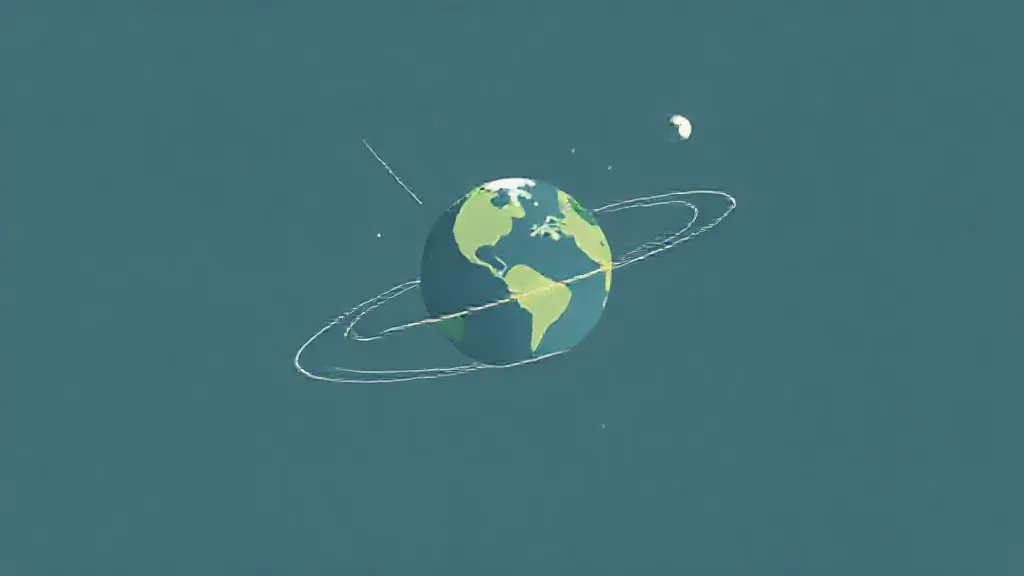Gravity is one of the four fundamental forces of nature, and it plays a crucial role in shaping our universe. It is the force that keeps us grounded on Earth, influencing everything from the trajectory of falling objects to the orbits of planets and stars. But what exactly is gravity, and how does it operate? This article delves into the intricacies of gravity, exploring its definition, historical context, and its profound impact on our daily lives.
Defining Gravity and Its Mechanisms
At its core, gravity is the attractive force that exists between any two masses. According to Sir Isaac Newton's law of universal gravitation, every particle of matter in the universe attracts every other particle with a force that is directly proportional to the product of their masses and inversely proportional to the square of the distance between them. This means that larger masses exert a stronger gravitational pull, while the distance between them diminishes the force.
For example, the Earth, being significantly larger than a person, exerts a powerful gravitational force that keeps us firmly planted on its surface.
The Role of Gravity in Our Daily Lives
Gravity is not just a theoretical concept; it has practical implications that affect us every day. It governs the behavior of objects we interact with, ensuring that when we drop a ball, it falls to the ground rather than floating away into space.
This force also influences our movements; when we walk, run, or jump, gravity works against us, requiring us to exert energy to overcome its pull. The sensation of weight we feel is a direct result of gravity acting on our mass, a constant reminder of its omnipresence in our lives.
Historical Perspectives on Gravity
The understanding of gravity has evolved significantly over time.
Ancient civilizations, including the Greeks, had rudimentary ideas about the force, often attributing it to divine intervention. However, it was not until the 17th century that Newton formulated his groundbreaking theories, laying the foundation for classical mechanics. Later, in the early 20th century, Albert Einstein revolutionized our understanding with his theory of general relativity, which described gravity not as a force but as a curvature of spacetime caused by mass.
This shift in perspective has led to deeper insights into the nature of gravity and its effects on the universe.
Gravity's Influence on the Universe
Beyond Earth, gravity plays a pivotal role in the cosmos. It governs the orbits of celestial bodies, keeping planets in their paths around stars and moons around planets.
The gravitational pull of the Sun, for instance, keeps the entire solar system in motion. Additionally, gravity is responsible for the formation of galaxies, stars, and planets, as it pulls matter together to create these structures. The intricate dance of celestial bodies is a testament to the power of gravity and its far-reaching effects.
The Effects of Gravity on Time and Space
Einstein's theory of general relativity introduced the concept that gravity affects time and space. According to this theory, the stronger the gravitational field, the slower time passes. This phenomenon, known as gravitational time dilation, has been confirmed through experiments, such as those involving atomic clocks placed at different altitudes.
As a result, time moves slightly faster on the International Space Station, which is further from Earth’s gravitational pull, compared to clocks on the surface. This revelation has profound implications for our understanding of the universe and the nature of reality itself.
Gravity and Technology
The influence of gravity extends into the realm of technology as well.
Engineers and architects must account for gravitational forces when designing structures, ensuring they can withstand the weight of materials and the forces acting upon them. In aerospace engineering, understanding gravity is crucial for launching and navigating spacecraft. The principles of gravity are also fundamental in developing technologies such as satellite systems, which rely on precise calculations to maintain their orbits around Earth.
Future Research and Exploration
As our understanding of gravity continues to evolve, researchers are exploring its mysteries further. Scientists are investigating phenomena such as gravitational waves—ripples in spacetime caused by massive objects like colliding black holes. The detection of these waves has opened new avenues for understanding the universe and its fundamental forces.
Additionally, the quest to unify gravity with quantum mechanics remains one of the most significant challenges in modern physics, as researchers seek a comprehensive theory that encompasses all fundamental forces.
Conclusion: The Ever-Present Force of Gravity
In conclusion, gravity is a fundamental force that shapes our existence and the universe at large. From keeping us grounded on Earth to influencing the motion of galaxies, it is an ever-present force that governs a myriad of phenomena.
Understanding gravity not only enhances our knowledge of the physical world but also inspires further inquiry into the nature of reality. As we continue to explore the depths of this force, we uncover the intricate connections that bind us to the cosmos and each other.
